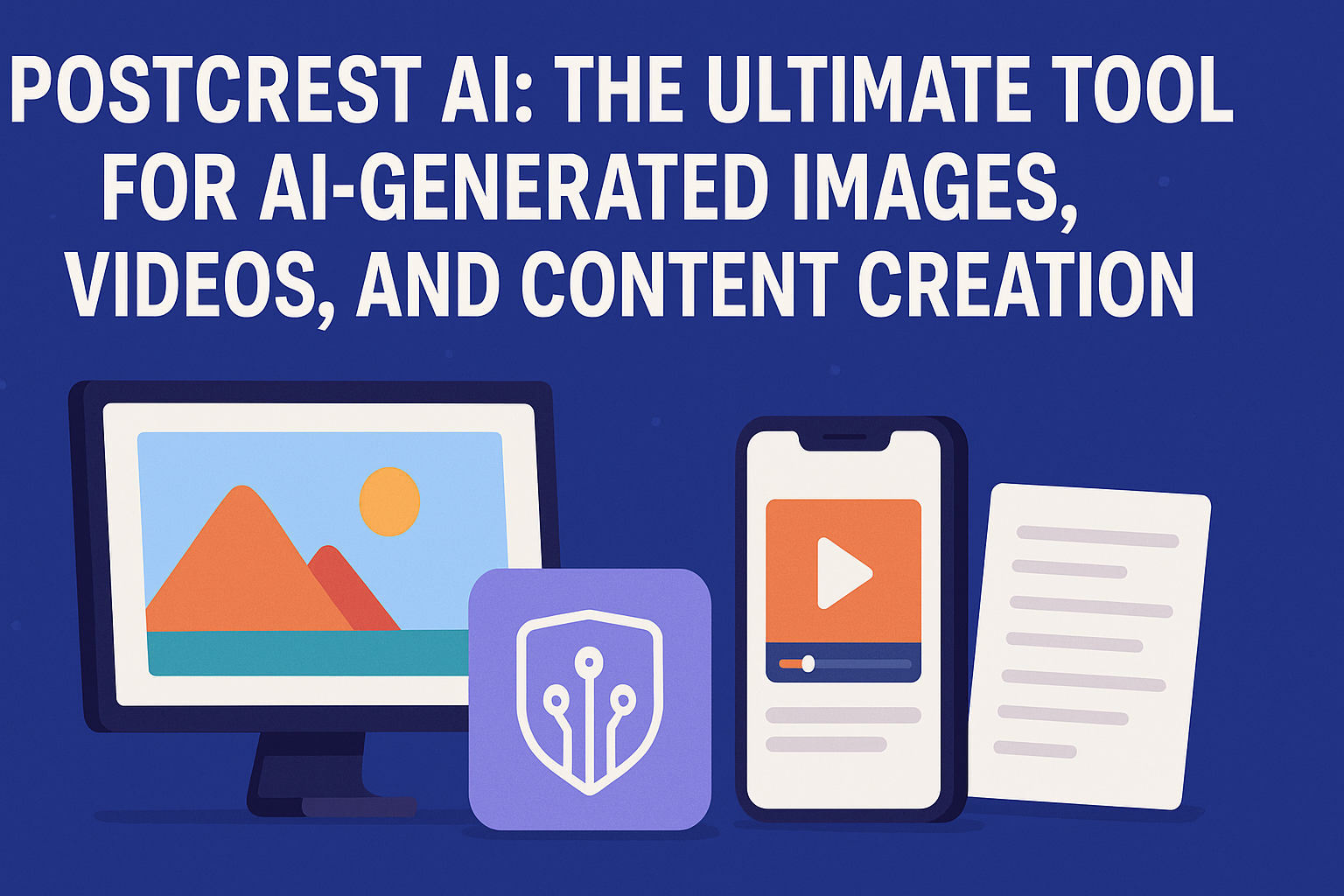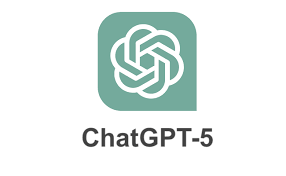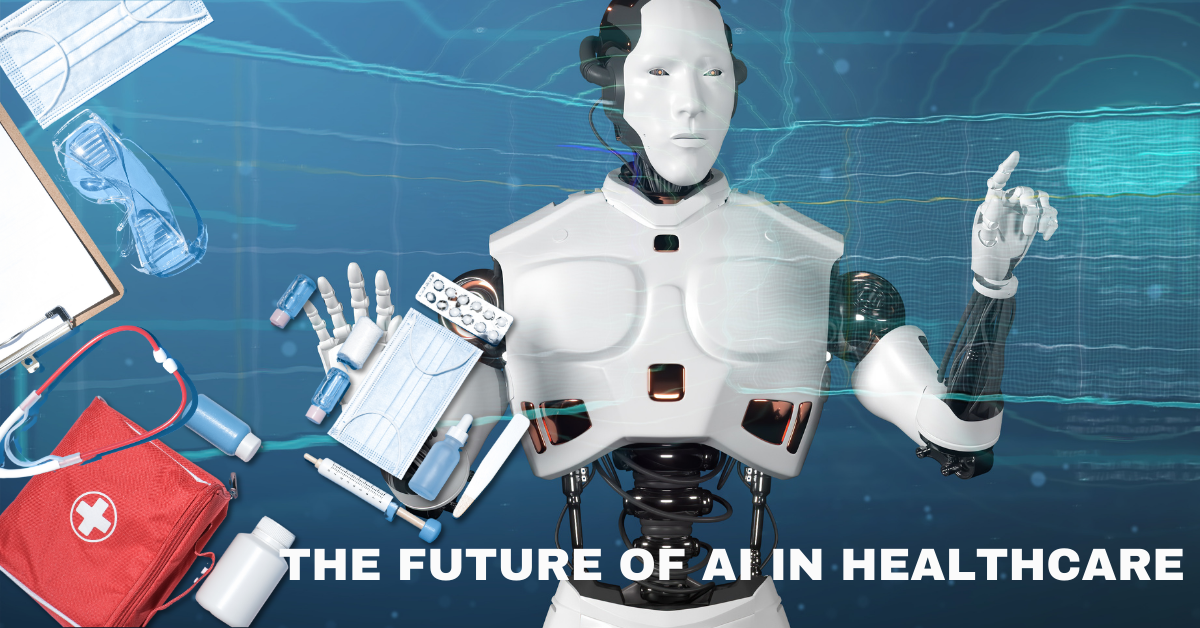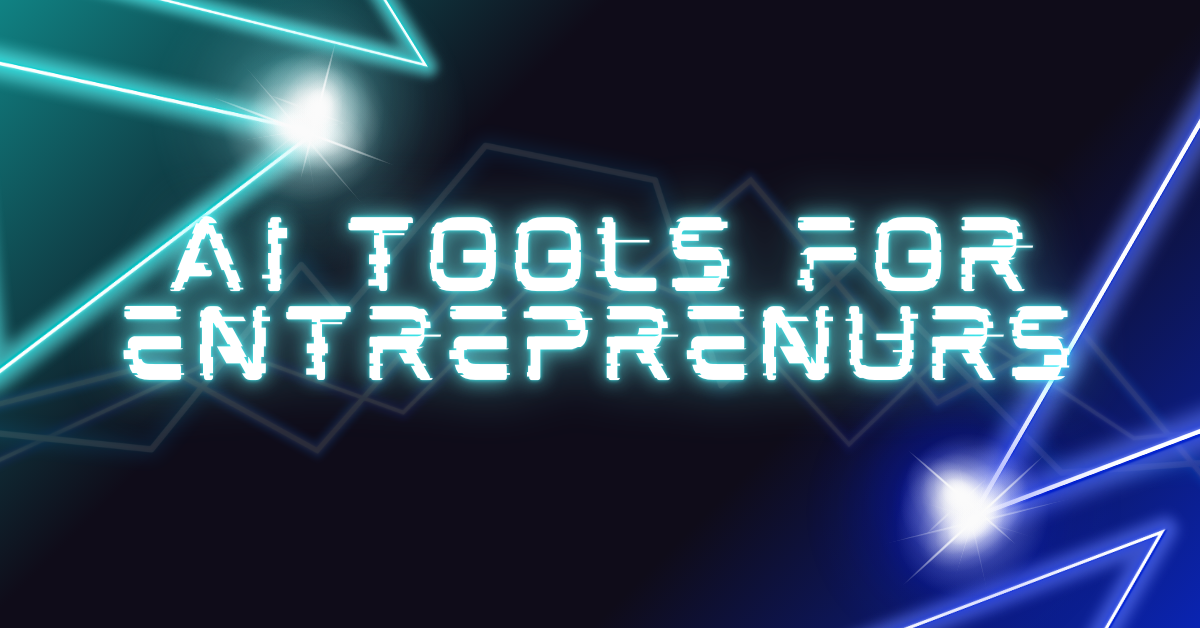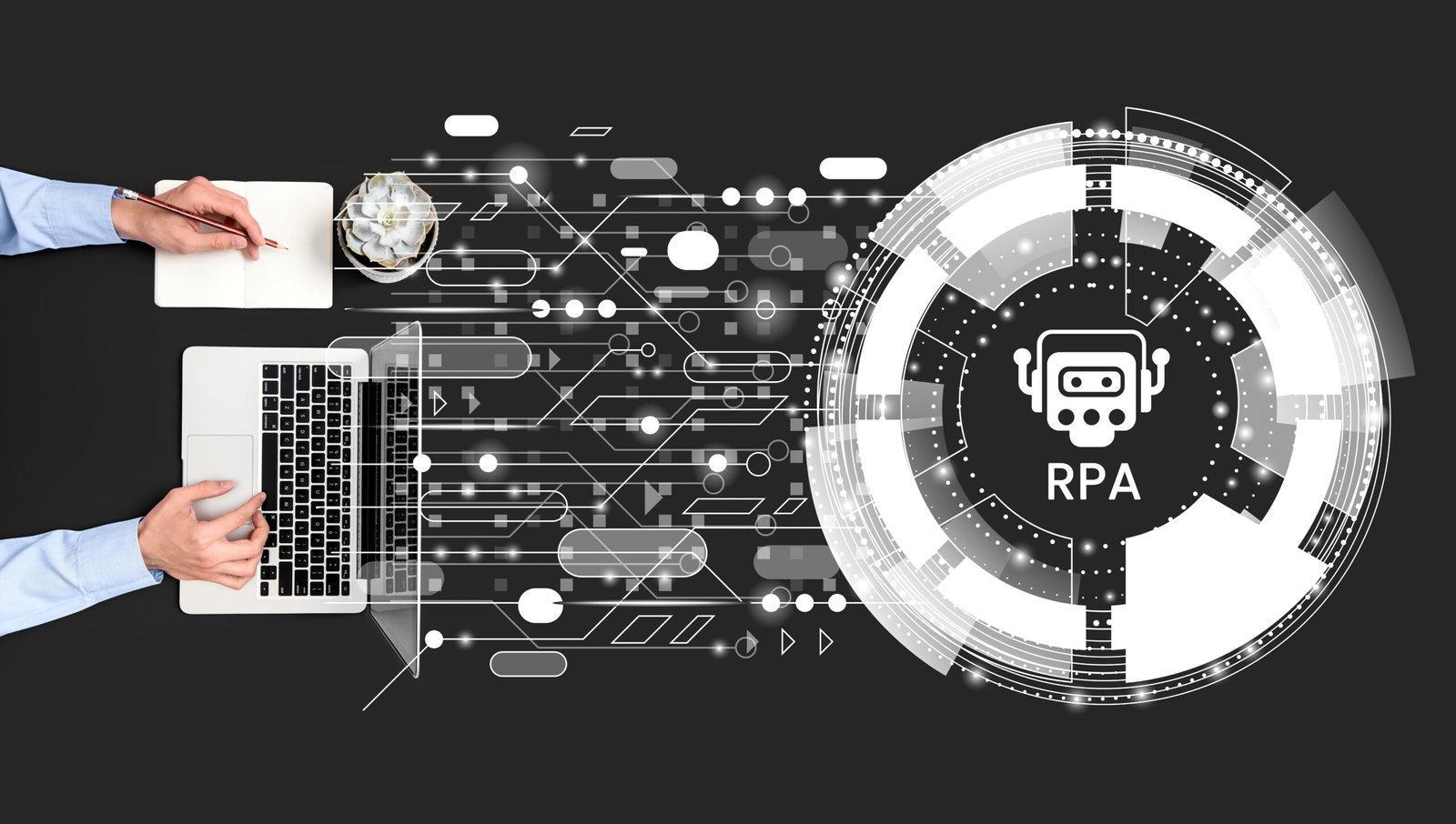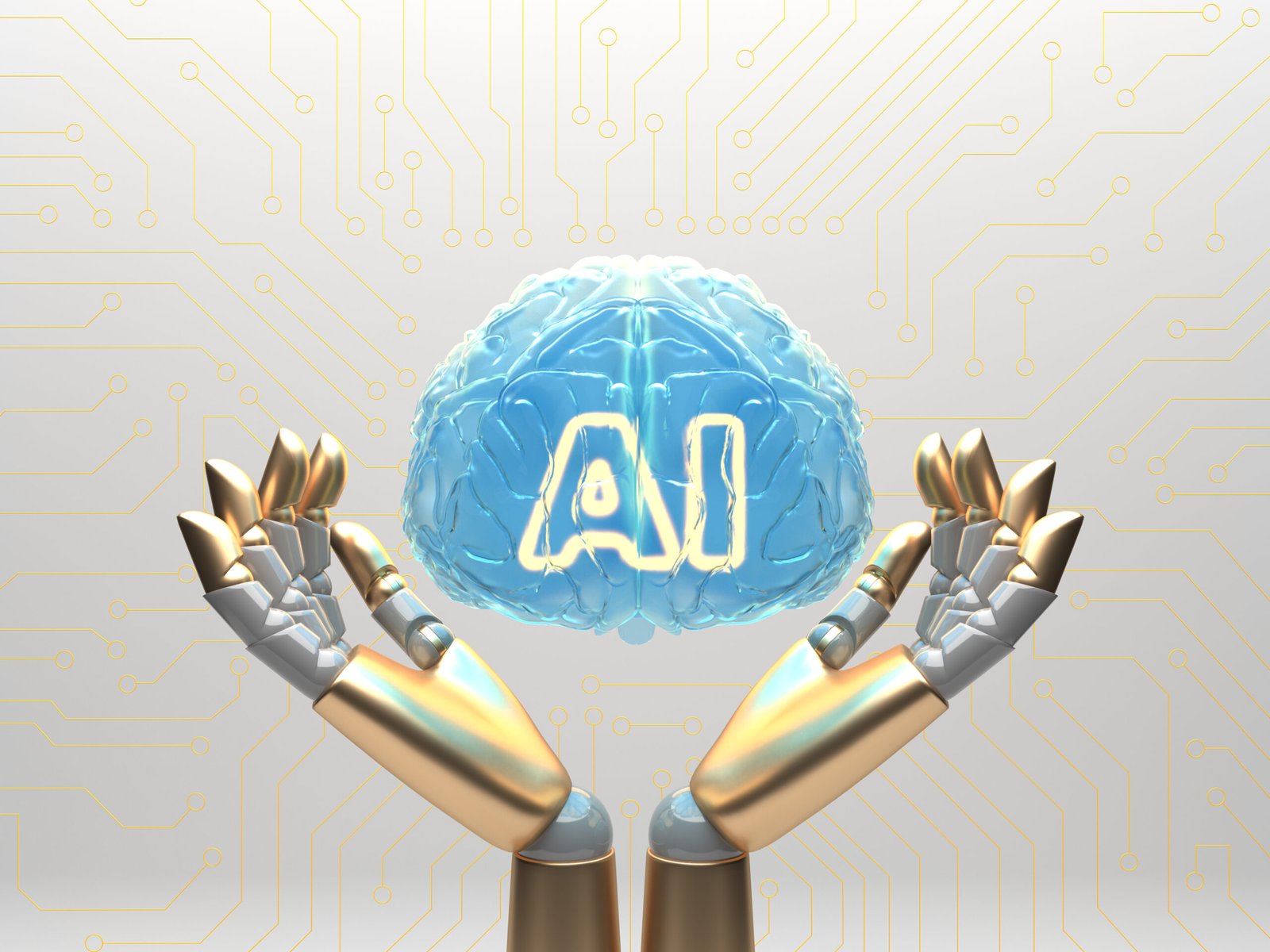Postcrest AI: All-in-One Tool for Stunning AI Content in 2025
In today’s fast-paced digital world, content is king—but creating high-quality, engaging content consistently is a real challenge. That’s where Postcrest AI steps in. Whether you’re a blogger, digital marketer, YouTuber, or small business owner, this all-in-one AI platform is your creative powerhouse for 2025 and beyond. From generating eye-catching images and scroll-stopping videos to writing SEO-friendly blog posts and ad copies, Postcrest AI is quickly becoming the go-to tool for creators who want to save time and scale faster. What is Postcrest AI? Postcrest AI is an AI-powered content creation platform designed to generate professional-grade images, videos, articles, social media posts, and more—all in a matter of seconds. Unlike most tools that focus on one content format, Postcrest AI covers the full creative spectrum, making it a one-stop solution for solopreneurs, content teams, and agencies. Key Features of Postcrest AI 1. AI Image Generation With advanced text-to-image models, Postcrest AI lets you turn simple prompts into stunning, high-resolution visuals. Perfect for: Blog featured images Social media graphics Ad creatives Product mockups Bonus: Customize styles, color palettes, and aspect ratios to match your brand identity. 2. AI Video Creator Want to create short videos for YouTube Shorts, Reels, or TikTok? Postcrest AI can: Generate script-based videos with voiceovers Add royalty-free background music Sync text, transitions, and stock footage automatically Export in multiple aspect ratios (portrait, landscape, square) No editing skills required—just describe your idea and let Postcrest handle the rest. 3. AI Content Writer Postcrest’s content engine uses the latest natural language models to craft: Blog posts and newsletters Product descriptions LinkedIn posts and tweets Email sequences and ad copies You can select tone, word count, and even integrate SEO keywords for maximum reach. 4. Social Media Assistant Say goodbye to content calendars and writer’s block. Postcrest AI auto-generates: Engaging captions with emojis Hashtag suggestions Carousel post layouts Weekly content schedules Ideal for Instagram, Facebook, LinkedIn, Pinterest, and Twitter (X). 5. AI Branding Toolkit Build a consistent brand with: Logo generators Color scheme recommendations Font pairing ideas Slogan and tagline suggestions Perfect for startups, creators, and digital brands looking to stand out. Who Should Use Postcrest AI? Postcrest AI is built for anyone who wants to create fast and smart: Bloggers – Generate articles + images in minutes Social Media Managers – Schedule weeks of posts in one session Digital Marketers – Create full campaigns with text, visuals & video Small Business Owners – Build your brand without hiring an agency Educators & Coaches – Design eBooks, reels, and course materials effortlessly Benefits of Using Postcrest AI ✅ Save Hours Every Week – Batch-create months of content✅ No Design or Tech Skills Needed – User-friendly interface✅ Affordable Pricing – One tool instead of many subscriptions✅ Cloud-Based & Secure – Access from anywhere, any device✅ Built-in Templates – Start with ready-made designs and scripts Postcrest AI vs. Other Tools Feature Postcrest AI Canva ChatGPT InVideo Jasper AI AI Image Generation ✅ ❌ ❌ ❌ ❌ AI Video Creation ✅ ❌ ❌ ✅ ❌ Full Content Writing ✅ ❌ ✅ ❌ ✅ Social Media Tools ✅ ✅ ❌ ❌ ✅ All-in-One Platform ✅ ❌ ❌ ❌ ❌ Real Use Cases Freelancer Portfolio Boost – Add AI-generated assets to your websiteYouTube Channel Automation – Turn blog posts into narrated video shortseCommerce Product Launches – Create image ads + product copy instantlyAffiliate Marketing – Make engaging content around any niche, fastCourse Creators – Design entire presentations, social teasers, and landing pages Pricing Plans Postcrest AI offers flexible pricing to fit every stage: Free Trial – Limited access with watermark Starter – ₹499/mo (Best for individuals) Pro – ₹999/mo (Best for marketers & freelancers) Agency – ₹2499/mo (Team access, unlimited projects) Annual plans get 2 months free. Final Verdict: Is Postcrest AI Worth It? Absolutely. If you’re tired of juggling multiple tools for content creation or spending hours editing, writing, and designing, Postcrest AI is your creative sidekick. It’s fast, versatile, beginner-friendly, and built for results. Whether you’re growing a personal brand or managing content for clients, this tool can transform how you work. FAQs About Postcrest AI Q: Can I use Postcrest AI for commercial content?Yes, all paid plans include commercial-use rights. Q: Does it support non-English languages?Yes, it supports over 20+ languages including Hindi, Spanish, German, and French. Q: Can I edit the generated content?Absolutely. You can fine-tune text, visuals, and video scenes before downloading.

